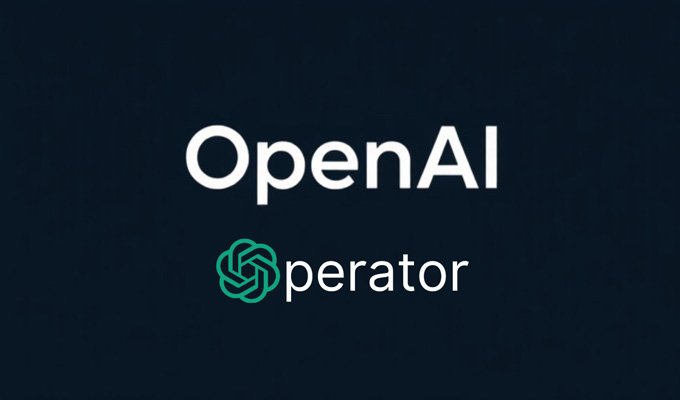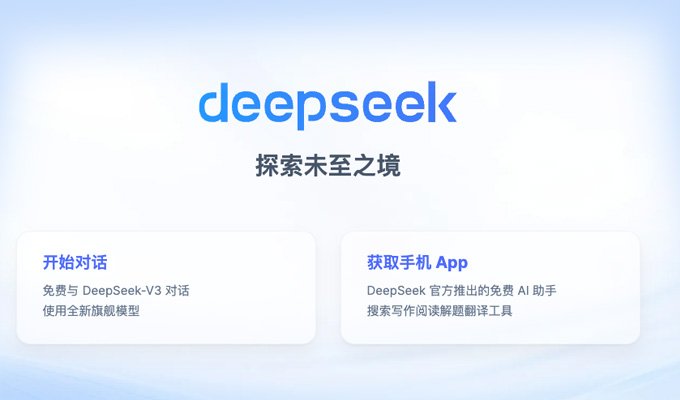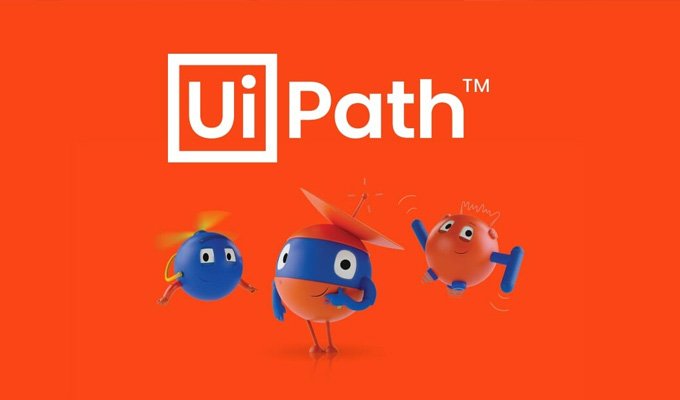Introduction
As artificial intelligence continues to reshape industries, OpenAI remains a leader in driving innovation. One of its standout developments is the “Operator AI Agent,” a cutting-edge solution designed to manage complex operations across various fields. These agents combine advanced natural language processing (NLP), machine learning, and automation to function as intelligent operators, streamlining tasks, optimizing workflows, and enhancing collaboration between humans and machines.
In this blog, we’ll dive into what an OpenAI Operator AI Agent is, how it works, and the many ways it can transform operational efficiency across businesses, technology, and beyond.
What is an openAI operator AI agent?
An OpenAI Operator AI Agent is a sophisticated AI system that serves as an intelligent operator in both digital and physical workflows. Unlike traditional automation tools that follow basic instructions, these agents are designed to understand, reason, and make decisions independently or alongside human operators, enabling smarter and more dynamic task management.
Key features of OpenAI Operator AI Agents include:
- Contextual Understanding: They can comprehend complex instructions, maintain context in multi-turn interactions, and adapt to evolving scenarios.
- Autonomy: These agents are capable of independently managing tasks and responding to dynamic environments.
- Collaboration: Operator AI agents work alongside humans or other AI systems, filling gaps, sharing insights, and optimizing performance.
- Scalability: They can handle tasks across multiple domains, from customer support to logistics, without requiring domain-specific programming.
Applications of openAI operator AI agents
Workflow Automation
OpenAI Operator AI Agents excel in automating repetitive and time-consuming tasks, freeing up human operators to focus on higher-value activities. For instance, in industries like logistics, these agents can streamline inventory management, track shipments, and update stakeholders in real-time.
- Customer Support
In customer service, Operator AI Agents can act as virtual assistants, resolving queries, handling complaints, and providing personalized recommendations. Their ability to understand natural language and learn from interactions ensures a more human-like and satisfying customer experience. - IT Operations
These agents play a significant role in IT operations by monitoring systems, detecting anomalies, and initiating corrective actions. For example, an Operator AI Agent could automatically identify and resolve server downtime issues or optimize cloud infrastructure costs based on usage patterns. - Healthcare
In the healthcare sector, Operator AI Agents can act as intelligent schedulers, assisting doctors and patients by managing appointments, analyzing medical records, and even offering diagnostic support based on symptoms and test results. - Financial Services
In banking and finance, these agents can manage risk assessments, monitor transactions for fraud, and provide insights for investment strategies. Their ability to process large datasets quickly and accurately makes them invaluable in this domain. - Creative Collaboration
OpenAI Operator AI Agents can assist in creative tasks, such as generating content, designing marketing campaigns, or developing prototypes for new products. They act as collaborative tools, augmenting human creativity with data-driven insights and automation.

Why OpenAI operator AI agents are game-changing
The introduction of OpenAI Operator AI Agents marks a significant shift in how we approach operations. Here’s why these agents are redefining industries:
- Enhanced Decision-Making: Operator AI Agents use advanced machine learning algorithms to analyze data and make informed decisions. For example, in retail, they can predict customer demand, manage stock levels, and optimize pricing strategies in real-time.
- Improved Efficiency: By automating mundane and repetitive tasks, these agents boost productivity and reduce human error. This is especially critical in high-stakes environments such as finance or healthcare, where precision is paramount.
- Human-AI Synergy: Rather than replacing human operators, OpenAI Operator AI Agents enhance their capabilities. They provide recommendations, handle routine operations, and leave room for humans to focus on strategy and creativity.
- Cost Savings: Automating operational processes with AI agents reduces overhead costs and maximizes resource utilization. For example, a business can significantly cut expenses related to customer service staffing by deploying a 24/7 AI agent.

Challenges and considerations
Despite their immense potential, Operator AI Agents come with challenges that need to be addressed:
- Data Privacy and Security: AI agents often handle sensitive data, making it crucial to ensure robust encryption and compliance with data protection regulations like GDPR.
- Ethical AI Use: Ensuring that Operator AI Agents operate transparently and ethically is essential, particularly in areas like hiring, financial lending, or law enforcement. Bias in decision-making must be mitigated through careful design and ongoing monitoring.
- Technical Complexity: Implementing and maintaining such advanced systems requires significant technical expertise. Organizations must invest in skilled personnel and infrastructure to leverage Operator AI Agents effectively.
- Dependence on AI: As organizations increasingly rely on AI agents, they must prepare for contingencies to prevent operational disruptions in the event of system failures or cyberattacks.
The future of OpenAI operator AI agents
The future of OpenAI Operator AI Agents is bright, with several trends shaping their evolution:
- Advanced Personalization: Future agents will be capable of even more granular personalization, understanding user preferences and tailoring interactions to individual needs.
- Federated Learning: Operator AI Agents will benefit from federated learning, which allows them to learn collaboratively from decentralized datasets without compromising data privacy.
- Multi-Agent Collaboration: The integration of multi-agent systems will enable Operator AI Agents to work alongside other agents, solving complex problems collaboratively. For example, in disaster response, multiple AI agents could coordinate efforts to allocate resources and manage evacuations.
- Greater Autonomy: As AI models become more advanced, Operator AI Agents will gain greater autonomy, allowing them to manage end-to-end processes without human intervention.
- Integration with IoT: The combination of AI agents and Internet of Things (IoT) devices will enable seamless automation across physical and digital domains. For instance, an Operator AI Agent could manage a smart factory by controlling IoT-enabled machinery and optimizing production schedules.
Final word
OpenAI Operator AI Agents mark a new chapter in artificial intelligence, moving beyond basic automation to deliver smart, context-aware, and collaborative solutions. These agents are revolutionizing industries by enhancing decision-making, streamlining processes, and fostering seamless human-AI collaboration.
That said, their adoption brings important considerations around ethics, privacy, and technical complexity. By addressing these challenges responsibly, organizations can unlock the full potential of Operator AI Agents to drive innovation and operational success.
As OpenAI continues to innovate, Operator AI Agents are poised to play a pivotal role in shaping the future of work, technology, and human-AI interaction. The journey is just beginning, and the possibilities are limitless.







